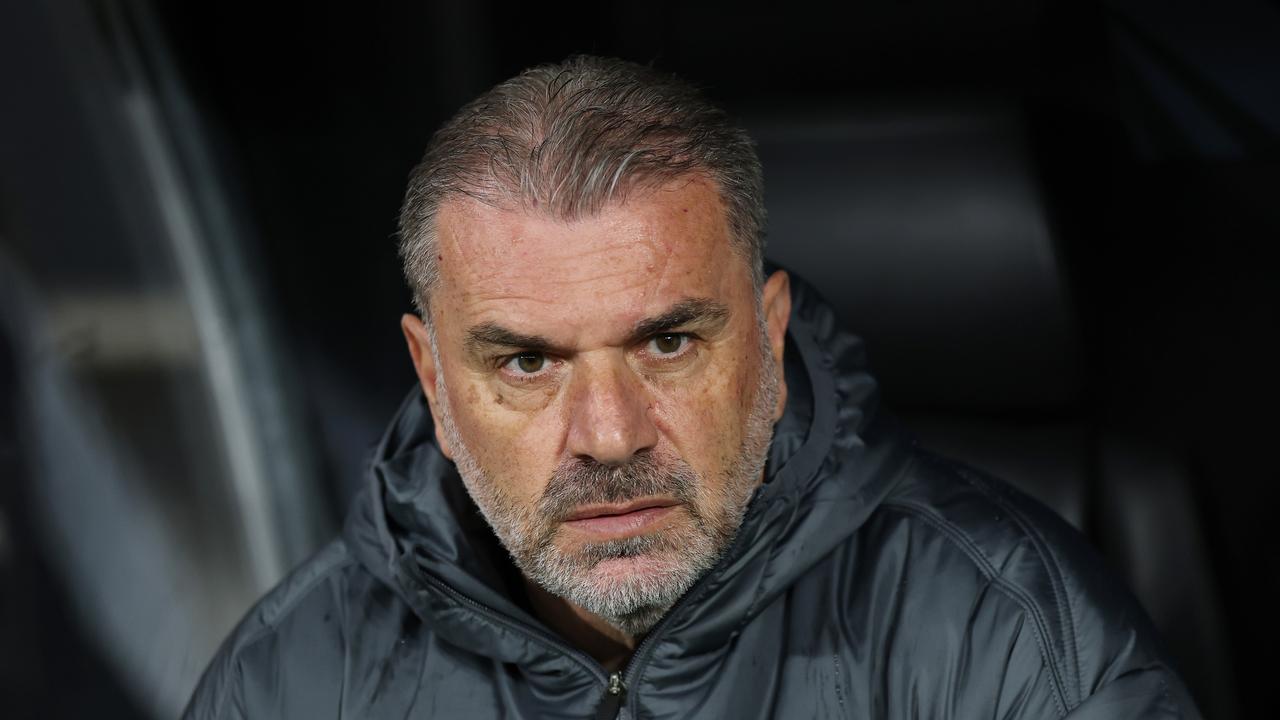Russia’s giant problem isn’t going away soon
The doping farce makes boxing look like a cowboy sport and Russia a cowboy state.
The more you learn about Russian sport, the more remarkable that country seems. First thing is the size. Russia is spread over 6,592,800 square miles. You could fit 70 Britains into Vladimir Putin’s homeland. So big you’d imagine it would be impossible to find a coincidence.
So put yourself on a park bench in Kursk, a city in the southwest of Russia not that far from the border with Ukraine. It is a summer morning, 2010, and because sport is in your blood the stars in this city of 400,000 people are well known to you. See there, the heavy framed young man pounding along the path. That’s Kursk’s Rocky, better known round here as Alexander Povetkin. He’s a pro boxer, working his way up the heavyweight rankings. It is the gold medal he won at the Athens Olympics that causes heads to turn in Kursk. Not that many gold medallists from the city.
Look over there, the young woman with the three-quarter-length Lycra bottoms and the red top, that’s Yuliya Rusanova, an 800m runner. She’s the best in the region and one of the best in the country. They’re saying she’ll be good at London’s Olympics. Medal prospect.
They run independently but near enough for her to recognise him. You can see that from the knowing glance. It’s a fleeting thing, for they’re going in different directions, soon disappearing into the distance.
Four years on, Rusanova reappeared. Much had changed. Still Yuliya but Rusanova had become Stepanova, Yuliya taking the name of her husband Vitaly. The game too had changed. In mid-career she stepped off the treadmill of Russian athletics, the same one that for decades had been churning out doped-up champions, and blew a whistle so loud the sound reverberated around the world. You may have missed the latest chapter in the endless narrative of Russian doping, this one played out at the Court of Arbitration for Sport in Lausanne a couple of months ago. The coaches Aleksey Melnikov, Vladimir Kazarin, Vladimir Mokhnev; the athletes Mariya Savinova, Yekaterina Poistogova, Anastasia Bazdyreva had lawyers pleading their innocence before the court. A few of the accused were there in person and were allowed to cross-examine their accuser, Stepanova.
They might as well have been trying to melt an avalanche with a box of matches. Stepanova had taped them all, video-recorded some; so the evidence against them existed in their own words. The court believed Stepanova and the sanctions imposed on the accused were upheld.
Povetkin’s journey has been very different. He climbed the heavyweight rankings. Eight days before Christmas he was scheduled to fight the Canadian Bermane Stiverne for the WBC heavyweight title. There was a problem, though. Eleven days before the fight Povetkin tested positive for the steroid ostarine.
This was very inconvenient. Russia doesn’t get that many world title fights and a lot of tickets had been sold for the Expo Centre in Yekaterinburg. The TV deal was in place. It wasn’t Povetkin’s first time to test positive in the run-up to a world title fight. Last May he was due to share a ring with the then WBC champion Deontay Wilder in Moscow but the fight was called off with little more than a week to go because he tested positive for meldonium.
Povetkin admitted using the banned substance but argued he had last taken it before the cut-off date, January 1, 2016, when the drug was put on the WADA banned list. The authorities accepted his explanation and he escaped sanction. With ostarine, that defence wasn’t possible and it seemed that Povetkin would be suspended pending examination of his B-sample, which will take place later this month.
But this is Russia. They do things differently. Alas, they couldn’t prevent the World Boxing Council withdrawing its sanction for the fight, meaning no world title is at stake. As soon as Stiverne was told they weren’t fighting for the title, his people were online searching for the next flight out of Yekaterinburg.
They tried to persuade the Canadian to stay and fight, reminding him that he too had tested positive earlier in the year. Stiverne said he’d been done for a stimulant that came in an over-the-counter energy drink while Povetkin had been shooting up. Stiverne forfeited a guaranteed $US1.4 million ($1.94m) purse, plus the chance of an extra dollars from a $US300,000 win bonus.
Local regulators lined up the French heavyweight Johann Duhaupas to step into the breach. Duhaupas had footwear that looked ominously like common-or-garden trainers and one supposes he did well to last six rounds, at which point he was knocked unconscious.
It makes boxing look like a cowboy sport and Russia a cowboy state, the place where doping is an everyday reality and doping laws an inconvenience. The former sports minister, now Deputy Prime Minister, Vitaly Mutko, said there should be some kind of investigation.
Povetkin got his purse. He’s a rich man now and is listed as one of Kursk’s most notable people. Alas, there’s no place on that list for Yuliya Stepanova. History still has time to correct that.
The Sunday Times



To join the conversation, please log in. Don't have an account? Register
Join the conversation, you are commenting as Logout